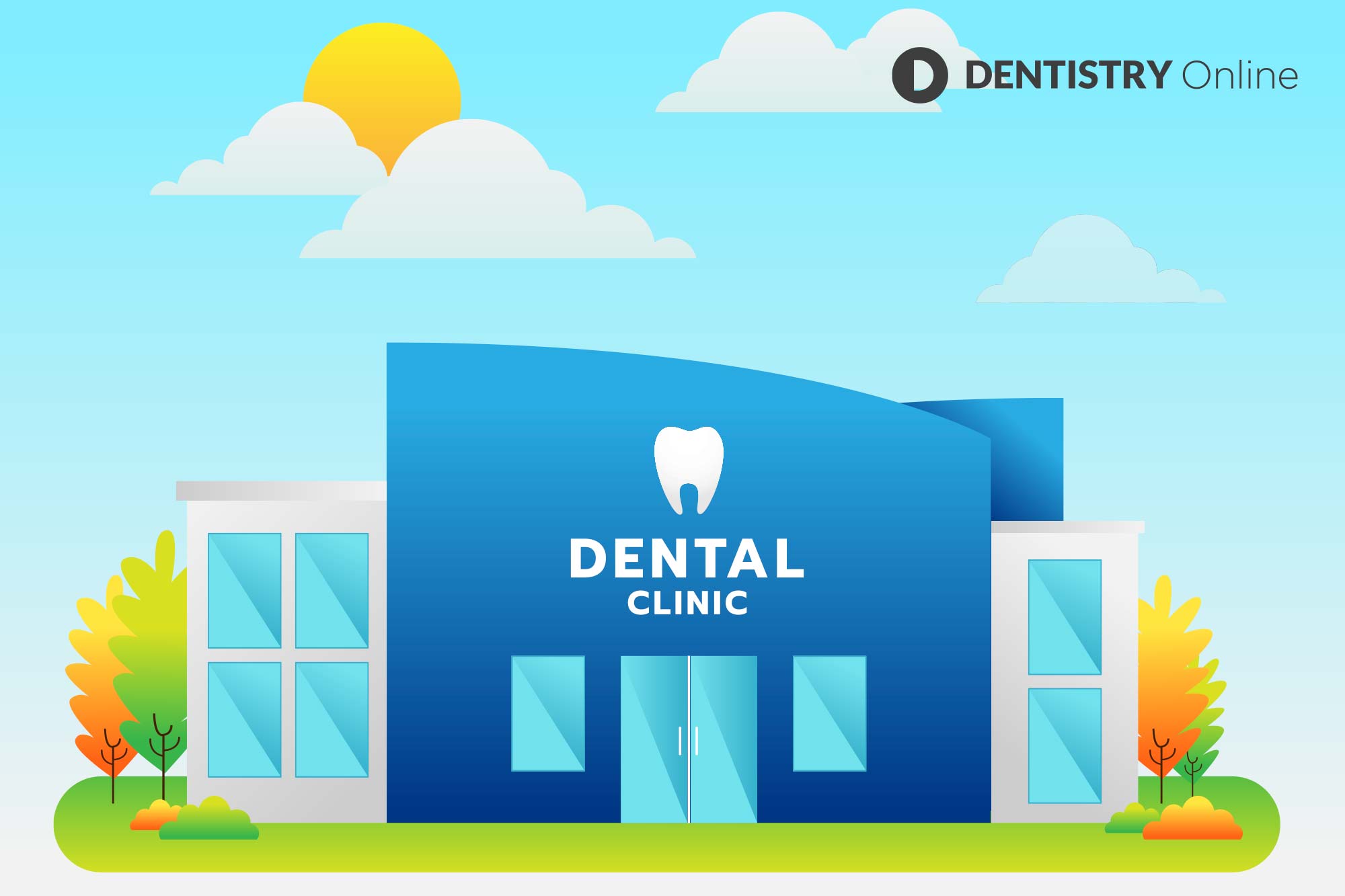
Squat practices are growing in popularity as associates look to take control of their futures. In the first of two angles, we hear from Zuber Bagasi about the hurdles dentists need to overcome to build a squat practice. Tomorrow we’ll hear from Andy Acton about the financial side.
How easy is the process of starting up a squat practice?
It depends. It can be as easy or as complicated as you make it depending on the background and the support system that you have around you.
You have to make sure that you’re going through the whole process.
The first thing is finance. You’ve got to make sure that you’ve got the financial capability. If you’ve got someone who’s already got your financing that’s great. If not then you’ve got to get over the hurdle of obtaining that finance.
The second thing is choosing the right location. If you have a location in mind then it’s easier. If you haven’t got a location then you’ve got to do a feasibility and marketing exercise where you check whether the location that you’ve chosen is going to work as a private practice.
You’ve identified your location. You then want to look for premises in that location.
You’ve also got the refurbishment and the planning. Everything from designing the practice to appointing your lead contractors, to getting everything approved. If you haven’t done this before it could be a challenge.
Do you think setting up a squat dental practice is better suited to a certain type of dentist?
The principal’s hearts and guts need to go into a squat practice. If a practice principal is looking to step into a new private squat practice, then absolutely that would work providing they’ve got their existing practice secure and stable. And they bring their experience across too.
An associate who is going to put in the hard work, they’re going to be understanding over how to lead the team, someone who’s got leadership qualities, or can be mentored and developed. Someone who’s clinically competent in the services they want to provide.
What are the benefits that come with building a squat practice?
If you buy into a practice, you’ve got an existing income stream and you’ve got an existing team. That is all part of the purchase along with the existing patient base. Therefore, you pay a higher asking price.
With a squat practice, you are effectively stitching and designing your own team together. It comes with a lot of challenges. You start out with zero income. So there needs to be some form of a director’s loan within the business as a contingency plan to keep the balance sheet positive.
The long-term effect of a new private practice is that you’ve made it your own – you’ve got full autonomy and control. You developed your own team, trained and mentored them the way that you’d like them to work.
Why start a squat practice now?
There’s a number of reasons really.
From an associate perspective, it’s to ensure that associates can plan a more sustainable, secure future.
If you can make a squat practice work, if you can get over that hurdle, then you’ve got a long-term sustainable and secure future.
Purchasing an existing practice is a lot harder financially. Typically you’re looking at a squat practice set up of about £150k.
If it’s a 50-50 partnership, which is what we’re doing as a joint venture partnership model, they pay half and we pay half. But the biggest thing with that is we do everything else around it. All the extra work, planning, the building regulations, all the recruitment, training, marketing, IT etc.
I’ve heard of many dentists who have burnt out very early by taking on all the additional bits that go on behind building a successful practice.
But why now in the middle of a pandemic?
I think patients are realising the importance of regular care. The access was limited during the pandemic. So they obviously realised the importance of maintaining a good relationship with a long-term practitioner and a practice.
Secondly the NHS is becoming less and less in terms of service provision and its offering of more complex care. It’s an opportunity for our patients to access the private and more advanced care that they need.
And what is the Joint Venture Model Synergy Dental is offering?
We make arrangements for incoming partners to secure the financial arrangements.
Mostly associates in new squat practices actually have finance available. But usually we’re looking at between £60,000 to £80,000 and most associates have that.
We look at the location. We’ve already done a lot of matching exercises on various locations across the country.
We look for premises. So, we’ve got a team that looks for specific premises. And we’ll help take care of the planning and refurbishment. We’ve got contractors in place, operations managers.
Then we have the team for governance, CQC applications.
Following this we help recruit and train appropriate staff members as well as training and developing the new associate into practice ownership. Because that is something that is not really available.
Finally, we’ll help with marketing and PR, so once the practice has opened the doors, we help drive patients into the practice.
Follow Dentistry.co.uk on Instagram to keep up with all the latest dental news and trends.



